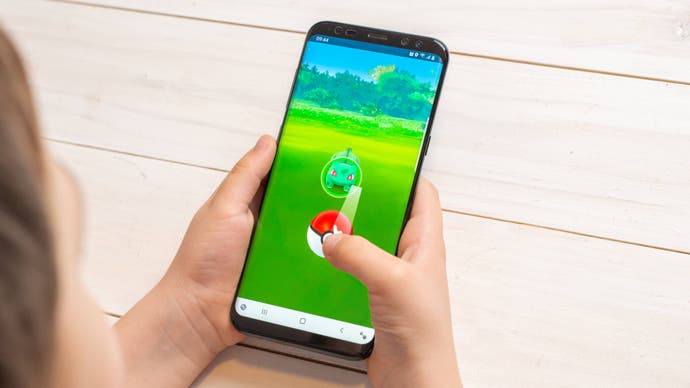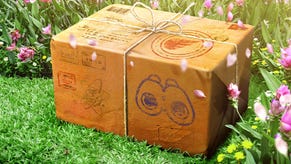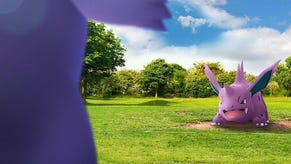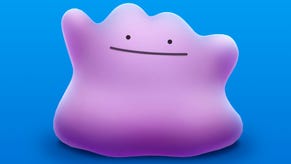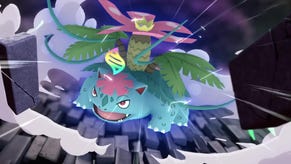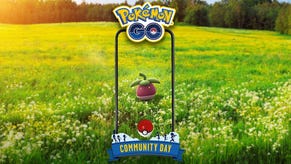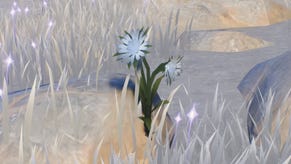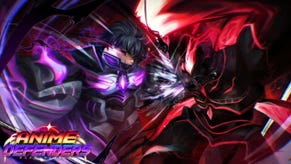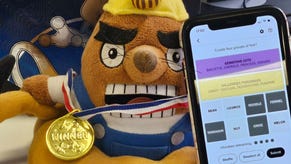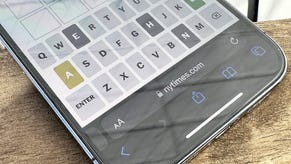How to make Curveball throws, get Nice, Great and Excellent throws in Pokémon Go
How to trap Pokémon effectively inside those valuable Pokéballs.
Curveballs, Nice, Great and Excellent throws are all ways to effectively catch Pokémon in Pokémon Go.
Once you have found your Pokémon in Pokémon Go - whether it's from the wild or a raids - you'll then have to catch it inside a ball.
The process is easier said than done, especially when Pokémon you find can be more powerful than your Level, but with these special throw methods, they can help increase your chances of catching them - and get a little extra XP in the process.
On this page:
How to make Nice, Great and Excellent throws in Pokémon Go
Once you're in the Pokémon catch phase, whether in augmented mode (placing the Pokémon in the real world) or in-game, holding the Pokéball will see a shrinking, coloured circle appear over them.
Throw when ready, and if you land the ball in the circle, the greater the chance of success in capturing the Pokémon.
The size of the circle will change the type of throw you will achieve. The smaller the circle, the higher the catch rate will be - as well as the XP reward if caught:
- Landing in a large circle will see a Nice throw (1 to 1.3x catch chance , 20 XP)
- Landing in a medium circle will see a Great throw (1.3 to 1.7x catch chance, 100 XP)
- Landing in small circle will see an Excellent throw (1.7x to 2x catch chance, 1000 XP)

Though you want to aim for an Excellent throw - and thus, the smallest circle - it's also the easiest to miss and / or more of a chance the circle will loop back around, so be sure to practice the timing to get it just right.
It's worth knowing that the catch bonus scales with the circle size. This means a smaller Nice throw circle will have a better catch chance than the largest Nice throw, the smallest Great better than the largest Great, and the same with Excellent throws.
The three tiers, then, are best viewed as a guide - as well as what influences completing field research that require certain throw types, as well as the XP rewards listed above.
As well as this, there is another way to increase your chances of a Pokémon being caught with a throw...
How to throw Curveballs in Pokémon Go
As well as the above timing and position-based captures, you can also throw Curveballs at Pokémon, which not only increases your chances of capture, but also gives you extra XP for your trouble.
To throw a Curveball, start by holding the Pokéball and rotating it round in a circle so it begins to spin.
When you throw, it'll then curve in the rotation you spun the ball; if it's clockwise, then it'll go to the right, and if anti-clockwise, to the left.
As such, if you throw it in the opposite direction, it'll curve towards the centre.
Time this with one of the above throws - so the Curveball will land in a Nice, Great or Excellent circle - and you'll increase the chances of you catching the Pokémon even further.
Unlike Excellent Throws, the XP with a Curveball - an additional 10 XP - is minimal, but the 1.7x catch rate increase on top of the Nice, Great or Excellent throw catch rate bonus makes it more than worth it. (Thanks to HumanistGeek on reddit for clarifying all these rates.)
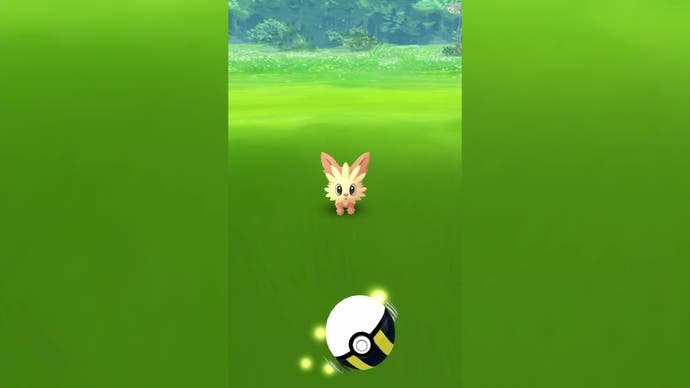
Curveballs are challenging to pull off, but well worth practicing, and are vital for when you have limited Premier Balls for catching Pokémon in Raids or after Team Rocket encounter, as you'll want to make sure every throw counts.
How to make perfect Curveballs with the 'L throw' technique
Since launch, some players have adopted a technique that allows you to easily throw a Curveball with almost every attempt.
The process is simple; spin the Pokéball going clockwise, then move the ball up the left-most side of the screen, and release at the same height as the Pokémon. Assuming the Pokéemon didn't move or attack, it should land and start the capture process.
If you position it just right, you'll also land the ball within the circle, increasing your chances of capture and netting you bonus XP. And of course, if you prefer, you can release the ball on the right-most side of the screen - provided you spin the Pokéball anti-clockwise instead.
YouTube user MegaToys Collector shows the L-throw technique in action:
The distance of the Pokémon - and thus, the size of the circle - will impact the success of this, but if you are struggling to get the 'feel' of a Curveball throw, this is a great method to use in the meantime.
The Shared Skies Season is live! You can now complete the Field Research tasks, get some steps in to do the Shared Skies research steps, and take part in the Stadium Sights event! Don't forget to try out Routes, Gift Exchange and Party Play while you're hunting down rare Pokémon, fighting in the Go Battle League or competing in PokéStop Showcases.
Other tips to help you get Nice, Great, Excellent and Curveball throws easily
The above sections show the basics and why you'll want to pull off Nice, Great, Excellent and Curveball throws - but there are circumstances where they are essential or possibly discouraged:
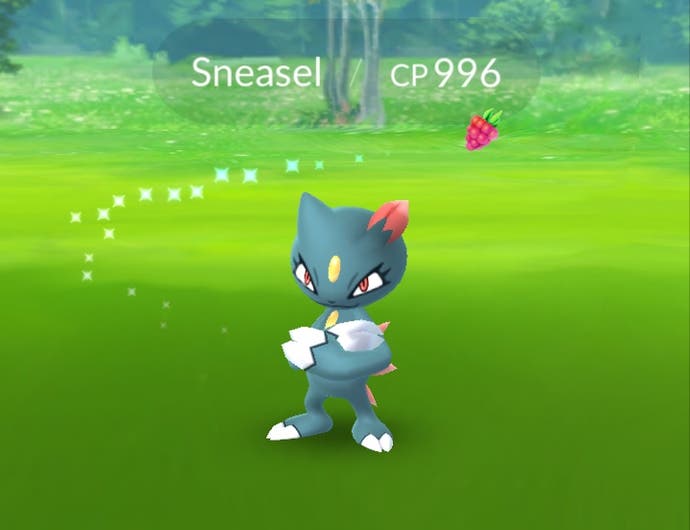
- It's highly recommended you turn off the augmented reality (also known as AR) mode. Not only does this save battery, but it means the Pokemon are fixed in position and can be easier to throw balls at.
- The colour of the circle gives you an indication of how easy the Pokémon is to catch. Green means the chances are high, even with simple throws, and red means the catch percentage is very low - and so you'll want to get Great, Excellent and / or Curveball throws to succeed.
- There are other factors beyond the throw which can change the circle colour, and thus the catch chance - this includes using Razz Berries, your Trainer Level and earning Medals. With berries in particular, this can change the colour as soon as it's used - giving you an instant indicator that you should have more success on the next throw.
- Though the Nice, Great and Excellent boundaries are fixed, not only does the size of the circle within them impact the catch rate (so the smaller the circle, the higher the catch rate), the size of the overall circle changes depending on the Pokémon's distance. This means for some encounters, getting Great and Excellent throws can be much more challenging. If you find that landing in the centre of the circle for an Excellent throw is too difficult, it's recommended you aim for Great throws instead - it's better to land consistant Great Curveballs than miss most Excellent Curveballs if you only have a certain number of chances after all!
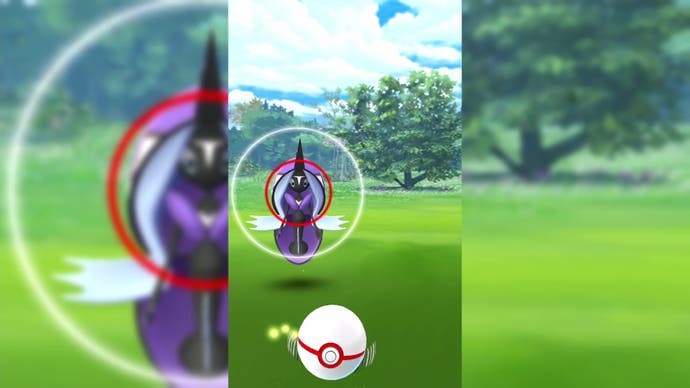
- The above is important to know as some field research - such as the monthly Spinda quest requires you string a number of Curveball throws in a row. For this, try and find a wild Pokémon you can easily perform a successful Curveball on, and seek them out each time to improve your chances.
- When it comes to catching Pokémon from Raids, which have a very low catch percentage, know you are ultimately playing the odds. It's possible that throwing 20 Excellent Curveballs in a row will still not result in a catch. You'll be extremely unlucky if that happens, but also take comfort that overall, if you can achieve solid throws time after time, the chances of you catching a creature will be much, much higher.
- Want a second chance at a throw? Level your Buddy to Great to unlock Catch Assist, which gives you random chance of the ball hitting the Pokémon again when it bounces away.
- Excellent throws are a great way to get XP if you time it right. Wait until the Double Catch XP Spotlight Hour - there will be at least one every month - and get those Excellent throws in. That combined with a Lucky Egg, means 4000 XP per throw!
- The speed and length of the swipe impacts the trajectory of the ball, with longer swipes arcing into place, and shorter ones zipping there a little faster. Experiment with what you are more comfortable with and have greater success doing. Ultimately, you have to get the feel of throws in Pokémon Go - so practice practice practice!
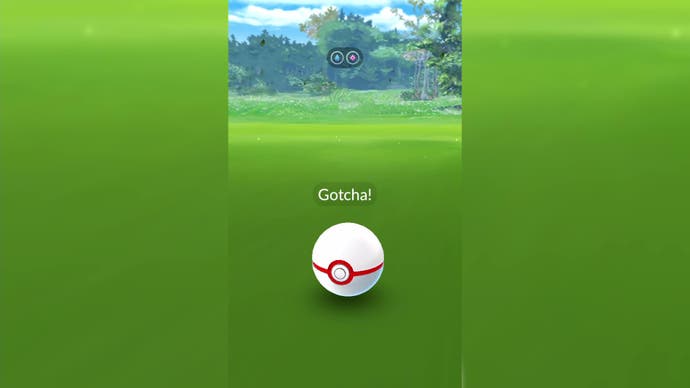
- Most of Pokémon Go's Bronze, Silver and Gold Medals and Catch Bonus requirements ask you to catch a lot of Pokémon - so if you need a reason to catch extra creatures while you hone your skills, then think about unlocking 'em all.
- At launch, there was something called the 'quickthrow' technique - which had you ping a ball at the Pokémon as soon as the encounter would allow you to, making for easy captures - which was nerfed as part of the July 2016 update. Yes, players were trying to get easy throws from the very beginning!
Ultimately, learning how to get Curveballs and Excellent Throws is a skill you will mprove upon with practice, but once it clicks, it makes filling the Pokédex much easier. Good luck!
